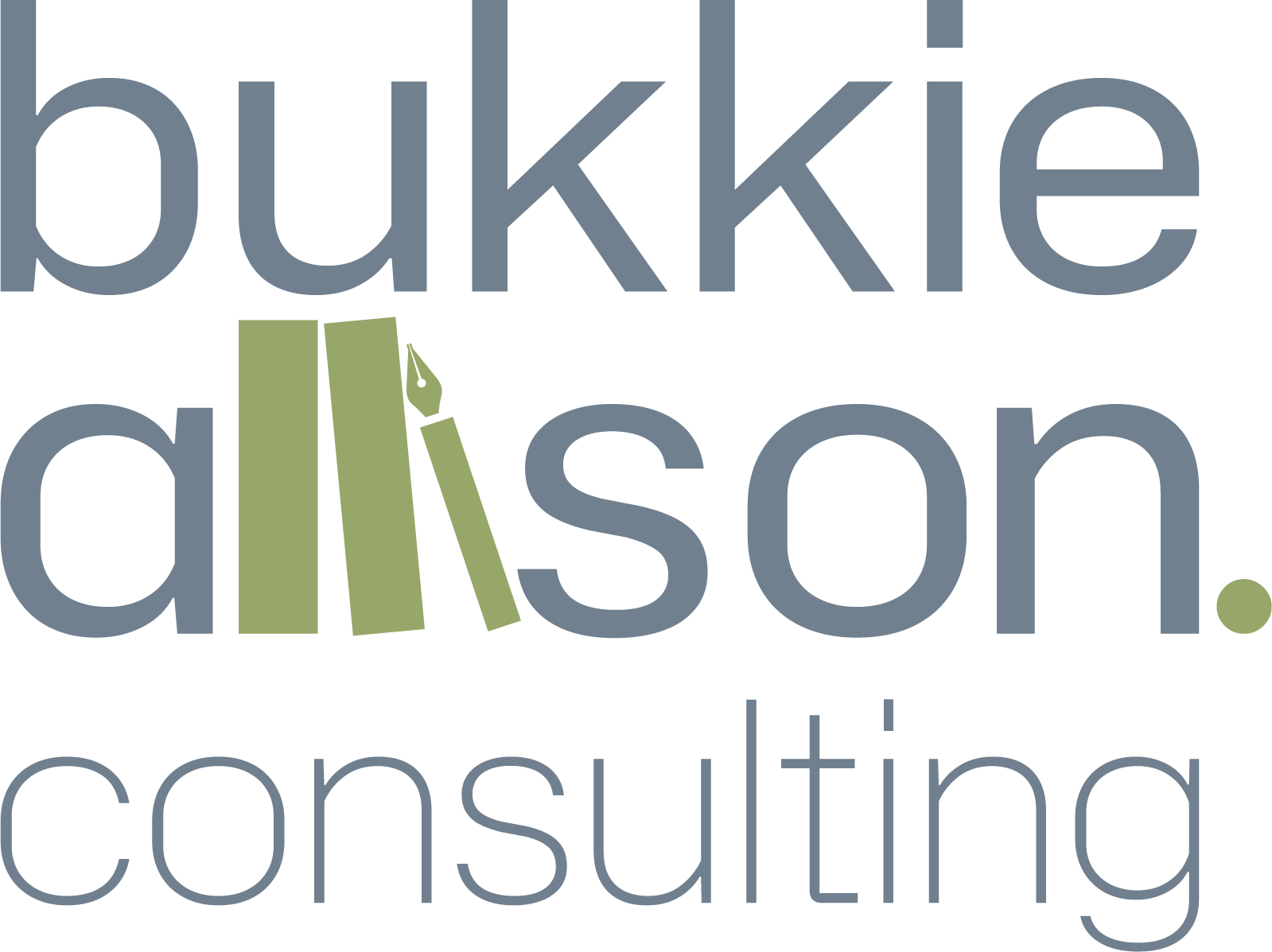It was a lovely afternoon in the city of Jos, Plateau State, Nigeria—where hills kissed the horizon and the breeze carried the aroma of red earth.
Our family lived in a modest one-room-and-parlor apartment on Apata Street, a close-knit Igbo community in the midst of the Hausa land. We weren’t rich, just moderate. My father, Mr. Aniobi, was a man of quiet pride and firm discipline. My mother, Mrs. Imaobong Aniobi, whose Akwa Ibom meals could light up the darkest day, always dreamed of seeing me school abroad. My elder sister, Ogechi, was the beautiful Adanna of our home, while I, Amaka, was the heartbeat of my father.
A Family Between Dreams and Discipline
Although my father had wanted a son, he poured all his love and discipline into me, making sure every evening we learned new words in our Igbo language—but I was never interested, because in school speaking vernacular was forbidden; “English only!” was the rule, and we were taught that English was the language of success.
I became fluent in English and wore it like a badge of pride. At home, I spoke it to sound polished; at school, it made me feel important, even rich. I was ashamed of my mother tongue and often avoided bringing friends home, afraid they would see where we lived. My greatest dream was to study abroad, though deep down, I knew my father could never afford it.
Then came the day that changed my life forever
An alumnus of our school, Mr. Chike, returned—now a successful author and publisher of bestselling African folktales. He announced a competition, and the reward was a full scholarship to study abroad. The challenge was to translate his latest storybook perfectly into one of Nigeria’s three major languages—Igbo, Hausa, or Yoruba.
The entire school buzzed with excitement. “Now is my golden opportunity,” I said to myself—the dream I had whispered to my mother every night could become a reality. After school hours, I raced home and didn’t wait as long as usual to play with my friends, as a serious matter of urgency had surfaced. When I got home and told my family the news, my mom was overjoyed, and my father’s eyes were filled with calm pride. “Now you see why I always wanted you to embrace your mother tongue,” he said to me.
That day changed my life.
The Journey Back to My Roots
I spent hours reading Igbo storybooks, asking elders for meanings and proverbs. My father became my teacher, and my sister my assistant.
I fumbled over words, confused tones, and giggled at my mistakes. There were evenings when I cried in anguish, yet my dream grew stronger. I wanted the scholarship not just to travel overseas but also to prove to myself that I could succeed.
A month passed like a whisper.
Then the competition began. Students from different tribes presented their translations—the atmosphere was electric. When it was my turn, I stood trembling, clutching my handwritten translation of “The Elephant and the Tortoise.”
As I began to speak, something magical happened. The words flowed. My father’s teachings, my late-night practices, and my cultural pride came alive in my voice.
When I finished, the hall erupted in applause. I had done it. When they announced the results, my name was called as the winner for the Igbo category. I froze for a second, then burst into tears. My mother hugged me so tight I could barely breathe. For the first time, I wasn’t just the girl who dreamed of going abroad—I was the girl who found her roots, who spoke her truth, who could finally say, “I am proud of my mother tongue.”
That day, I didn’t just win a scholarship.
I found my voice—the one that had been waiting all along in the language of my ancestors.
I rediscovered myself.
The Lesson That Lasted a Lifetime
That moment shaped my destiny. I became a linguist and a writer whose books are now used in secondary schools across Nigeria.
I learned that our language is not just a means of communication—it is identity, connection, and legacy.
And today, as a parent, I make sure my children learn and speak their mother tongue, no matter what foreign land we dwell in. Because our language tells our story—and our story is who we are.
Written by Patience Cyril Iwuoha,
Content Writing Intern, BAC Growth.

